Milk is a nutrient-rich liquid that female cows and other mammals produce to feed their young. Milk has been a dietary staple worldwide for thousands of years, ever since humans began to use milk from animals as an additional source of nourishment. Nowadays, we add milk to coffee, oatmeal, soups, smoothies, and certain dishes to enhance flavor.
Milk is extremely nutritious and is essential to the growth and maintenance of healthy bones. However, there have been concerns as to whether cow’s milk is good or harmful to health. For one thing, is milk good for fatty liver? Before dwelling on this further, let us briefly discuss the origins of milk.
Milk: Background Info
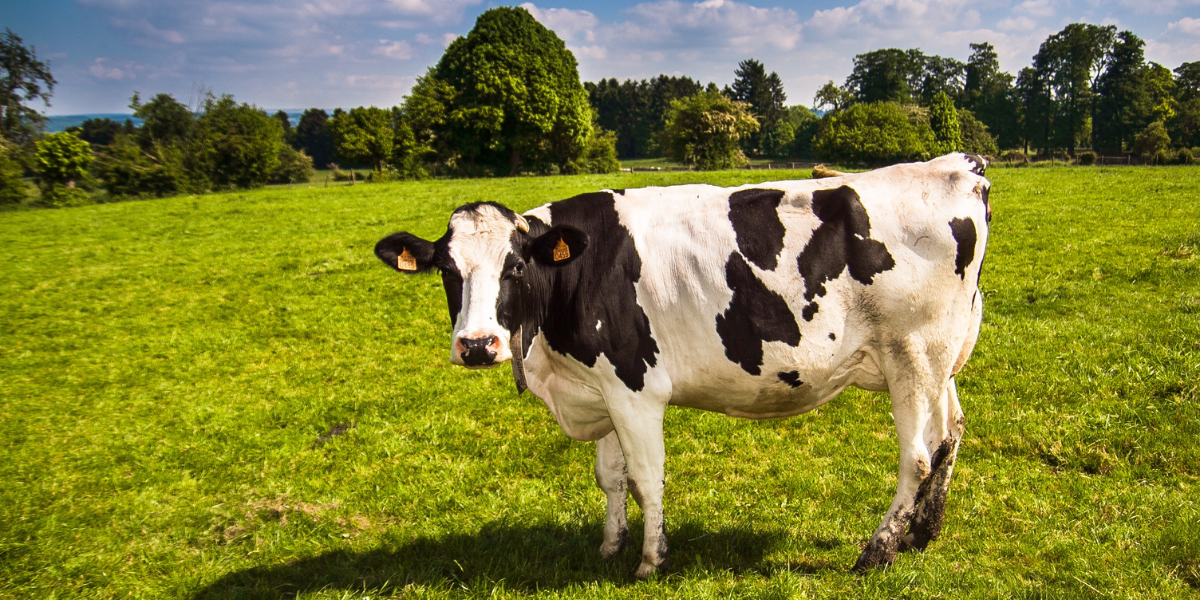
Throughout history, different species of domesticated animals such as cows, sheep, goats, camels, reindeer, and water buffaloes have been bred not only for meat but also for milk. The first humans to drink milk regularly were said to be farmers and pastoralists — people who raise livestock — in Western Europe around 10,000 years ago.
People observed that mammals nursed their young just like they did with their own offspring, so they used them as an alternative source of food. Ancient baby bottles dating from 8,000 years ago were also discovered which proved that even human infants were fed milk from the animals. Over time, the production of milk evolved into other dairy products such as cheese, butter, yogurt, and cream.
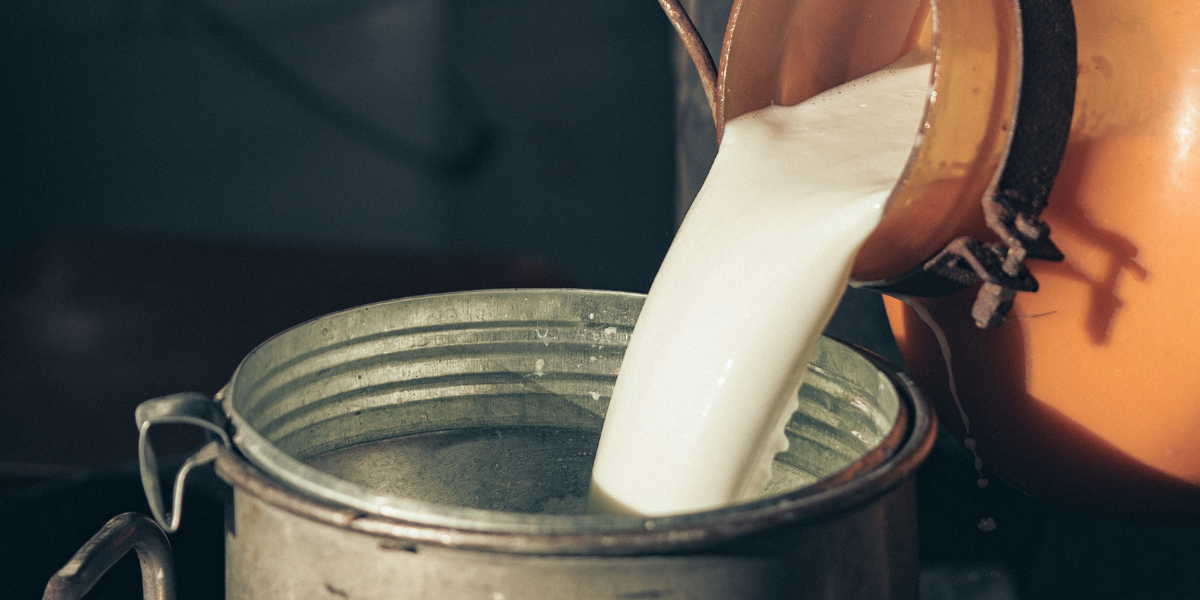
So what makes milk so appealing? Aside from being delicious, milk is also chock-full of nutrients. According to the National Dairy Council, milk contains 9 essential nutrients that promote good health including calcium, protein, phosphorus, potassium, vitamin A, vitamin B12, vitamin D, niacin, and riboflavin. And it is as it should be as milk is designed to completely nourish newborn animals.
In addition to its impressive nutritional profile, milk offers numerous health benefits such as:
- Promotes healthy bones and teeth
- Builds and repairs muscle tissues
- Good source of energy
- Helps maintain a healthy blood pressure
- Supports healthy red blood cells and nerve tissue
- Boosts the immune system
- Promotes healthy skin and eyes
Is Milk Good For Fatty Liver?
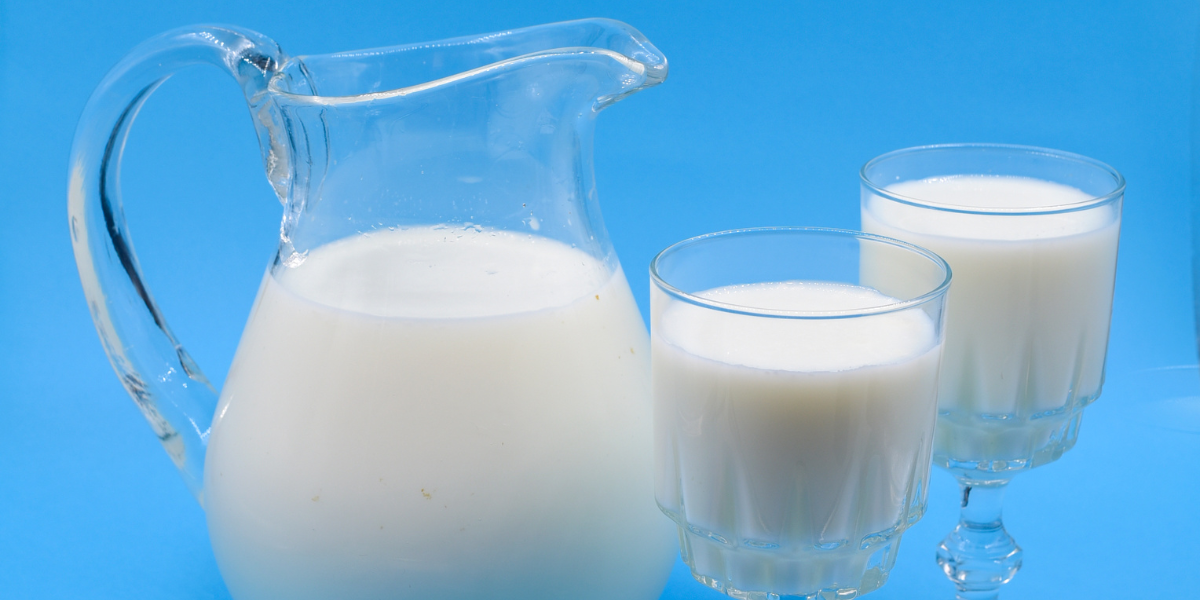
Due to the many health benefits it offers, milk has also been found to significantly reduce the risk of many chronic diseases. But is milk good for fatty liver? Here are some of the reasons why it can be.
-
Milk is a great source of protein.
Milk is high in protein and protein helps repair body tissues of organs like the liver. In this case, it is best to go for skimmed milk or fat-free milk.
Furthermore, studies indicate that a deficiency in protein can result in a fatty liver because it adversely affects the secretion of hepatic triglycerides. When the number of triglycerides accumulates, it causes a reduction in hepatic phospholipids which encourages the formation of fats in the liver.
Another study suggests that consumption of milk and other dairy products can help prevent NAFLD in both men and women aged 50 years and above. The cumulative incidence of NAFLD significantly decreased when the dairy protein intake of the subjects was consistently increased.
-
Milk contains calcium and vitamin D.
According to Dr. Aymin Delgado-Borrego, a pediatric gastroenterologist, both adults and children with fatty liver disease should always take note of their calcium consumption.
Dr. Delgado-Borrego explains that, although further investigation is needed, “There is some emerging evidence over the last couple of years that adequate calcium and vitamin D intake may help to prevent the development of fatty liver disease.” She recommends drinking up to three glasses of low-fat cow’s milk per day to achieve the desired amounts of calcium and vitamin D.
-
Milk and milk products can help improve liver function.
In a six-week cross-over study, results revealed that consistent dairy intake by study participants who have metabolic syndrome but do not typically consume dairy showed a marked decrease in systemic inflammation and liver enzymes.
For over a period of six weeks, participants were asked to consume low-fat dairies like milk or non-fat yogurt and then had their liver enzymes assessed to check their hepatic function. The conclusion was that three dairy servings per day were enough to improve liver function and significantly reduce systemic inflammation.
Fatty Liver Disease

The results of the studies revealed that consuming milk and milk products can be beneficial to those with fatty liver. But what exactly is fatty liver?
Fatty liver disease occurs when there is excess fat stored in the liver which hampers its ability to flush toxins out of the body. There are 2 types of fatty liver disease. The first is alcohol-induced fatty liver disease which is caused by heavy alcohol use. The second is nonalcoholic fatty liver disease (NAFLD), which is not alcohol-related, but linked to certain health conditions like obesity and type 2 diabetes.
An estimated 25 percent of the people in the United States have NAFLD and about 5 percent suffer from alcoholic fatty liver disease. Fortunately, the condition is easy to manage or even reverse in its early stages by reaching a healthy weight through exercise and a proper diet.
To help treat fatty liver disease, doctors often recommend the Mediterranean diet which is mostly plant-based. Other foods that can help fatty liver disease include:
- Fruits such as avocado, berries, and watermelon
- Leafy greens such as spinach and broccoli
- Whole grains such as brown rice and whole-wheat
- Nuts such as walnuts, cashew, and almonds
- Legumes such as beans, peas, and chickpeas
- Fatty fish such as salmon, tuna, and sardines
- Olive oil
- Coffee
Lactose Intolerance

Now let’s go back to milk. Despite all the hype about milk, there is a biological explanation as to why drinking animal milk may not be ideal for people. Milk naturally contains lactose, a type of sugar that is broken down by an enzyme called lactase produced in the small intestine. Unfortunately, some people are unable to properly digest lactose because they do not have enough lactase in their digestive system. This condition is known as ‘lactose intolerance.’
In the United States, an estimated 36 percent of the population experience some form of lactose malabsorption. When a lactose intolerant person ingests foods containing milk such as cereals or ice cream, and other dairy products such as cheese, yogurt, or butter, it can lead to gastric disturbances like diarrhea, cramps, and bloating. Although the condition is not serious, symptoms can sometimes be extremely uncomfortable.
Conflicting Findings
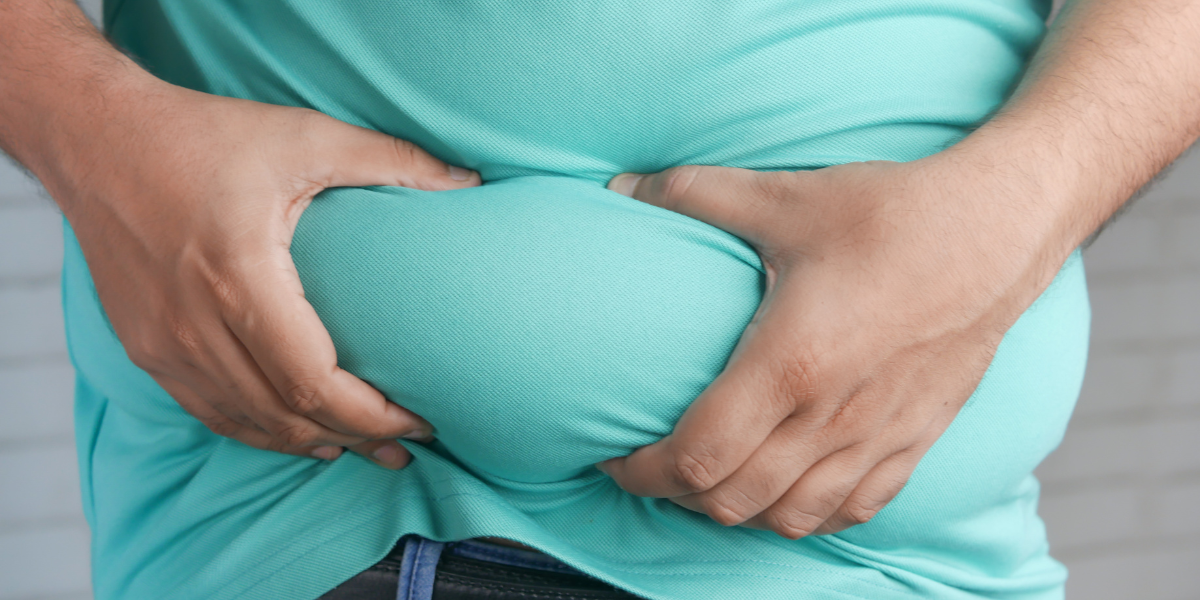
Milk has also been touted as helpful for weight loss – which is essential to the management of fatty liver disease – but results have been contradictory. One study discovered that higher milk-fat consumption (whole milk) lowers the chances of childhood obesity in 145 3-year-old Latino preschoolers. Moreover, another study involving 18000 middle-aged to elderly women found that high-fat dairy consumption decreased the risk of weight gain and obesity.
On the other hand, high consumption of milk has also been linked to obesity. School-aged children who regularly drank three or more glasses of milk daily have the tendency to weigh more than those of the same age who drank less milk. This may be attributed to the calories in milk. One cup of whole milk contains 149 calories and drinking two cups every day, in addition to the other foods you eat, can add more than half a pound to your weight per week.
The Takeaway
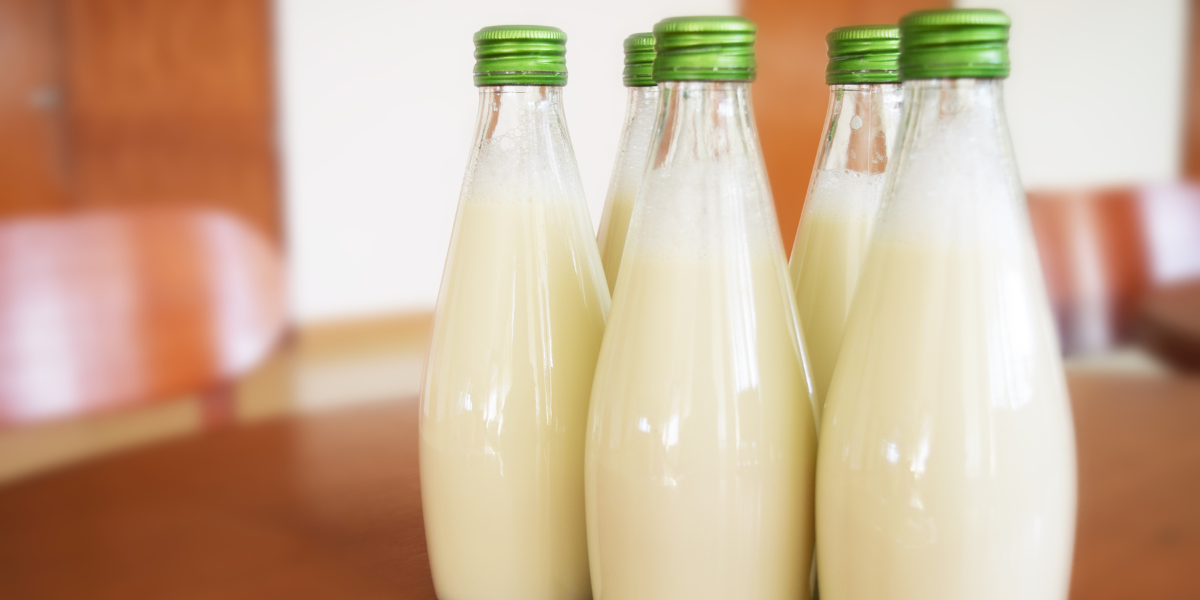
The good news is that fatty liver disease can be managed and may be even cured or reversed provided that appropriate lifestyle and diet changes are made. The key is to achieve a healthy weight through proper diet and exercise. So is milk good for fatty liver? The answer is yes because consuming milk can be helpful to certain health conditions like fatty liver disease.

